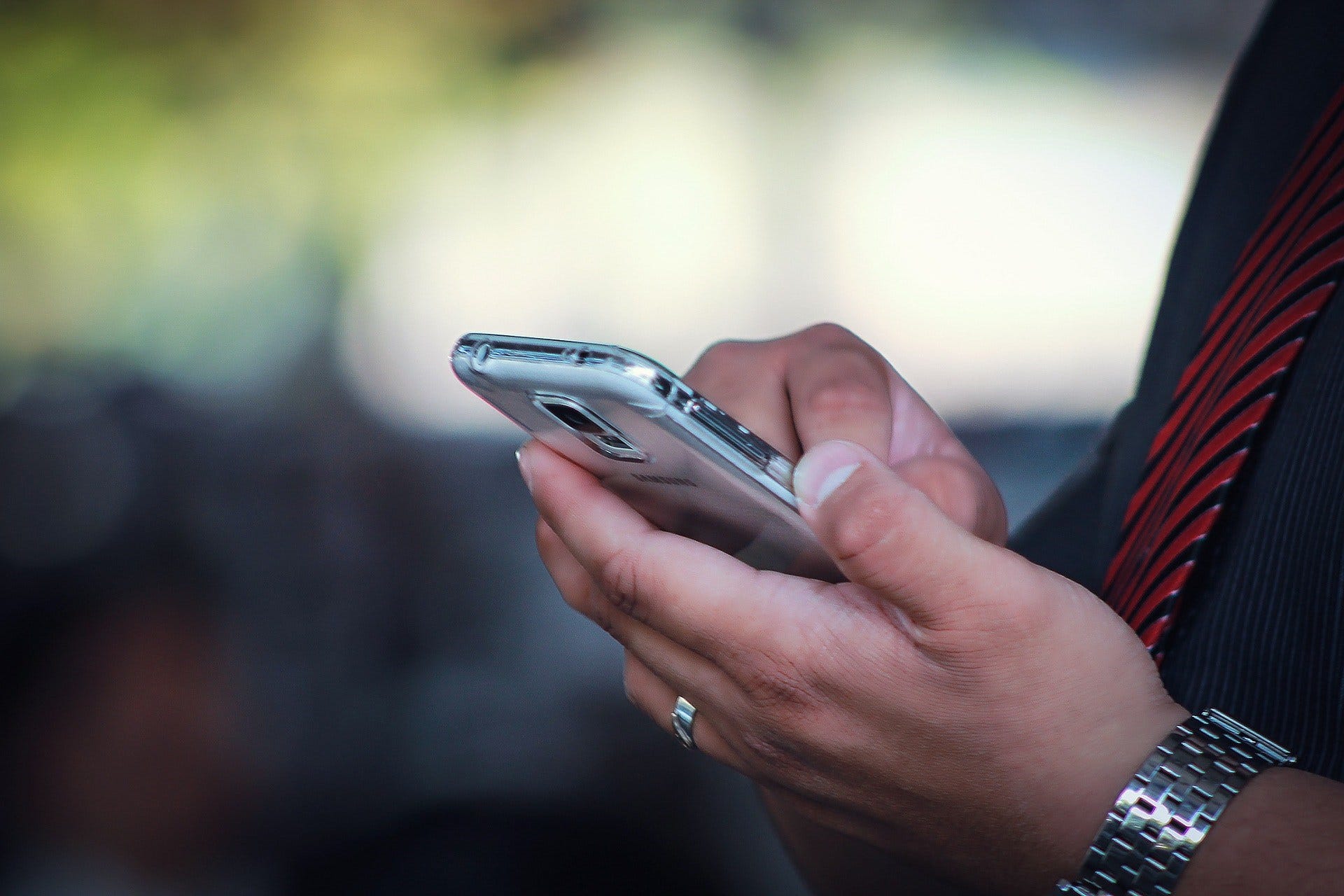Dementia Caregivers Help Create App
 About a half-dozen Hoosier caregivers will help design the app. (Courtesy: Pixabay)
About a half-dozen Hoosier caregivers will help design the app. (Courtesy: Pixabay)
Subscriber Benefit
As a subscriber you can listen to articles at work, in the car, or while you work out. Subscribe NowMost people with dementia rely on a family member or friend as their primary caregiver, and the burden weighs heavy. These “informal caregivers,” as they’re called, face a list of challenges, and one of the most complicated logistically is managing medications for their loved one. People with dementia “are taking many medications for many illnesses,” says Regenstrief Institute research scientist Dr. Richard Holden—typically eight or more. He’s co-leading a team to create an easy-to-use app to simplify this overwhelming task, but the researchers will only be the scientific backbone—the caregivers themselves will be leading the charge.
Holden says “the sheer number and complexity of the medication regimen is a challenge in itself” for caregivers, most of whom are an adult child of the person with dementia. Add the peripheral tasks such as getting the medications, communicating with the doctor or pharmacist, preparing the medications and making sure they’re administered at the right time, and the caregiver can be quickly overwhelmed.
“That’s just a lot to ask somebody to handle on their own, especially because the caregiver—the family member or friend providing care—is not an expert,” says Holden, who is also professor and chair of the Department of Health and Wellness Design at Indiana University. “All other situations where you have to do hard work—whether it’s as an accountant, or a pilot, or a surgeon, you have technology helping you. The caregivers in this case are doing heavy, very challenging work, and we need to develop technology to support them.”
About a dozen caregivers—half in Indiana and half in Wisconsin, where the study is being co-led—will tell Holden and his team how to make the “Helping the Helpers” app most functional for their daily tasks involving medication.
“That’s the most exciting part of the whole project in my opinion, that caregivers are actually going to serve as members of the design team,” says Holden. “They’ll sit at the table and collaborate with the professional designer to come up with the look, feel and function of the app. We find that leads to more appropriate, better designed products that actually fix the problems that caregivers have, rather than what we think as ‘experts’ the problems are.”
While other existing medication apps have reminders and alerts, Holden believes “Helping the Helpers” will be more innovative with features like a communication tool embedded in the app. The caregiver will be able to contact the person’s pharmacist, physician’s office or clinical staff with any questions.
Holden believes high-tech tracking features will also make it more useful for caregivers. Using miniaturized sensors that are integrated into pill bottles, the app will be able to detect if the bottle was opened, indicating the person took the medication, rather than assuming they’re following their daily regimen.
The work is supported by a $425,000 grant from the National Institute on Aging at the National Institutes of Health. After the app is created, it will be tested and evaluated for safety and usefulness.
“And, of course, make sure that it makes a difference,” says Holden. “We don’t want to just put another app out in the app store. What makes us unique as scientists is that a lot of the technology we develop undergoes rigorous scientific testing for efficacy and effectiveness.”
The team’s ultimate goal is to make the app widely available for caregivers—some 11 million in the U.S.
“Our goal is to make sure…it doesn’t just sit in our research laboratory,” says Holden. “Our standard practice is to look for technology and commercial partners to make sure we have a way to distribute it more broadly. We can put it in the app store—and very often that’s the minimum we do. The maximum we can do is find a commercial partner who’s interested in taking it further, integrating it into their clinical program and the business they do.”
While Holden doesn’t tout apps as the solution to everything, he notes they’re much more accessible than specialty clinical services, “which are in great shortage.”
“An app is something that everybody has access to in their pocket—something anybody in the country can use,” says Holden. “You don’t have to be near a fancy medical center in a big city. You can live anywhere and still have access to this tool.”
Holden says scalability of the app is critical, because the number of people with dementia is growing, while the number of medical workers is not.
Holden says the app will have the same features as other medication-focused apps, with the added benefit of communication and tracking tools.
